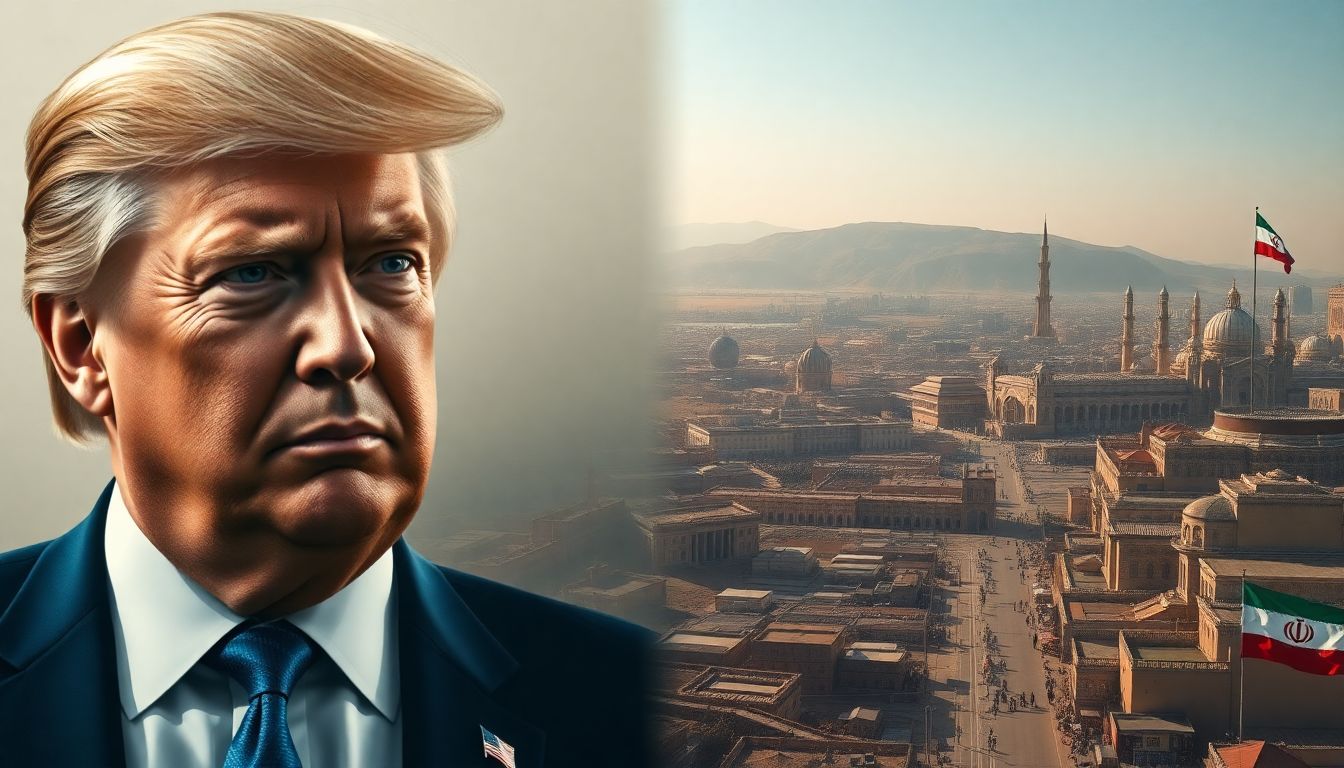
Donald Trump's approach to Iran was bold. Key moves, such as leaving the Iran nuclear deal (JCPOA), had big impacts. It reshaped relationships globally.
This article looks at how the world sees Trump's Iran policy. Also, we'll explore how it affected international relations. Let's dive in!
European Perspectives: A Divided Stance
Europe was caught in a tough spot. The EU tried to save the JCPOA. Yet, different countries had their views.
France and Germany: Commitment to the JCPOA
France and Germany stuck to the nuclear agreement. They worked hard to keep it alive. But, disagreements with Trump's choice to leave made it hard. They saw the deal as vital for keeping Iran from developing nuclear weapons.
The UK's Balancing Act
The United Kingdom walked a tightrope. It tried to stay close to the US, its longtime ally. At the same time, it wanted to honor its promise to the JCPOA. Balancing both sides proved difficult.
Public Opinion: Anti-Trump Sentiment
Polls showed many Europeans didn't like Trump's Iran policy. People worried it would make things worse. They believed diplomacy was a better path.
Middle Eastern Reactions: Regional Power Dynamics
The Middle East is a complex region. Trump's Iran policy changed how countries interacted. Some were happy, others were not.
Saudi Arabia and Israel: Cautious Approval
Saudi Arabia and Israel saw Trump's harder stance as a good thing. They've always worried about Iran's power. Trump's moves gave them some comfort, believing it addressed their security concerns.
Iran: Resentment and Resistance
Unsurprisingly, Iran wasn't pleased. Officials and the public resented Trump's policies. They saw sanctions as unfair and harmful. This strengthened their resolve to resist pressure.
Iraq and Syria: Complex Relationships
Iraq and Syria have ties to both Iran and the US. It made things difficult to navigate tensions. They wanted to avoid picking sides. It's a delicate balancing act when superpowers clash.
Asian Views: Economic Interests vs. Political Alignment
Asia had to weigh economics against politics. Countries like China, India, and Japan had tough decisions. They had to consider both money and alliances.
China: Economic Ties and Strategic Competition
China kept doing business with Iran. Despite US pressure. It sees Iran as important for its energy needs and part of its rivalry with the US. This relationship challenges US power.
India: Balancing Energy Needs and US Relations
India needs energy. Iran is a source of it. However, India also has good ties with the US. It had to carefully balance these two important relationships.
Japan: Diplomatic Efforts and Energy Security
Japan tried to be a peacemaker. It attempted to help. It also worries about getting enough energy. Japan's position shows the global impact of the situation.
Global Impact: Nuclear Proliferation and International Security
Trump's Iran policy had far-reaching results. It affected nuclear efforts and global security. Everything got more complicated.
The Fate of the JCPOA: A Multilateral Agreement in Jeopardy
Trump's choice to leave the JCPOA put the deal at risk. Other countries questioned if such agreements could last. This impacted trust in international diplomacy.
Increased Regional Instability: Proxy Conflicts and Tensions
Tensions in the Middle East rose. Proxy conflicts got worse. Some feel Trump's policies made these problems bigger.
Global Public Opinion: Eroding US Influence
Many around the world viewed the US differently. Trump's approach damaged US leadership. It made others question US foreign policy.
The Biden Administration: A Shift in Approach?
Joe Biden took a different path. He looked at reviving the JCPOA. He sought a more diplomatic way forward.
Efforts to Revive the JCPOA: Challenges and Obstacles
Bringing back the JCPOA isn't easy. Talks face several hurdles. Political changes and mistrust make it hard to strike a deal.
Global Expectations: A Return to Diplomacy?
The world hopes for a calmer approach. Many expect Biden to use diplomacy with Iran. They believe it is the best way to avoid conflict.
Conclusion
Trump's Iran policy had many faces. It created divisions and difficulties. It affected countries differently, exposing the complexity of global relations.
The results will last a long time. They impact nuclear efforts. Also, they impact trust between countries. It is important to learn from this chapter. This way, we can find a better path for US-Iran relations.